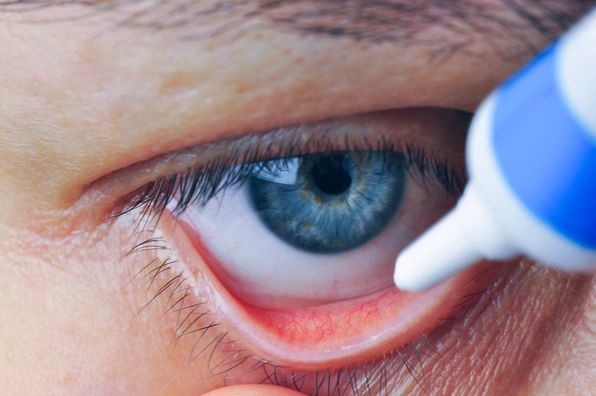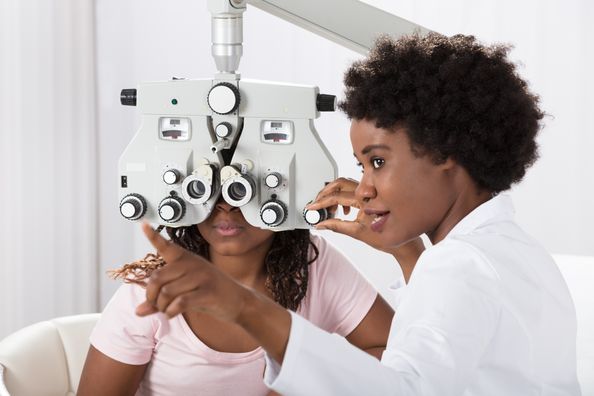An overactive bladder can disrupt your everyday living. You may feel embarrassed, isolate yourself, or limit your work and social life. But there are ways to take back control.
What is an overactive bladder?
First, let’s start with the basics. Overactive bladder is an issue with the bladder-storage function which causes a sudden urge to urinate. This urge may be difficult to stop and may lead to involuntary loss of urine (incontinence).
What are the symptoms of overactive bladder?
If you have an overactive bladder, you may experience:
- The sudden urge to urinate that’s difficult to control
- Urge incontinence-the involuntary loss of urine after an urgent need to urinate
- Frequent urination-generally 8 or more times in 24 hours
- Waking 3 or more times during the night to urinate
Even if you can get to a restroom in time, these symptoms can disrupt your life.
What causes an overactive bladder?
Usually, the specific cause of an overactive bladder isn’t known. Some conditions that may contribute to overactive bladder include:
- Neurological disorders such as Parkinson’s disease, stroke and multiple sclerosis
- High urine production
- Medications that cause a rapid increase in urine production or require that you take them with lots of fluids (Example: Lasix)
- Urinary tract infections
- Bladder abnormalities such as tumors or bladder stones
- An obstructed bladder outflow (enlarged prostate, constipation, or previous operations to treat other incontinence issues)
- Excessive caffeine or alcohol intake
- Declining cognitive function due to aging-this may make it more difficult for your bladder to understand the signals from your brain
- Difficulty walking-making it difficult to get to the bathroom quickly
- Incomplete bladder emptying leaving little urine storage space
- Constipation
What are the treatments for overactive bladder?
There are different ways to help an overactive bladder. The starting place for an overactive bladder is behavioral interventions. This means strengthening the pelvic floor muscles, maintaining a healthy weight, managing your fluid consumption and planning out scheduled restroom trips. Your doctor or physical therapist will instruct you on how to strengthen your necessary muscles correctly and will also help guide you in planning strategies to help manage your overactive bladder. Remember that it may take 6 – 8 weeks before you notice any difference in your symptoms. Avoiding caffeine and alcohol will also help if these substances worsen your symptoms.
If behavioral interventions aren’t enough, there are certain medical treatments that may help. Medications can be helpful for relaxing the bladder and relieving symptoms of overactive bladder and reducing urge incontinence episodes. Certain procedures, such as bladder injections, nerve stimulation, and surgery can help too. These procedures, however, are reserved for those who experience severe symptoms and don’t respond to other treatments.
Can overactive bladder be prevented?
Living a healthy lifestyle is your best defense against an overactive bladder. Exercising regularly, limiting consumption of caffeine and alcohol, quitting smoking, and managing chronic conditions (such as diabetes) can help keep you be in the best shape possible.
If you experience overactive bladder, talk with your doctor about your symptoms and what treatment options would be best for you.
Health Topics:







